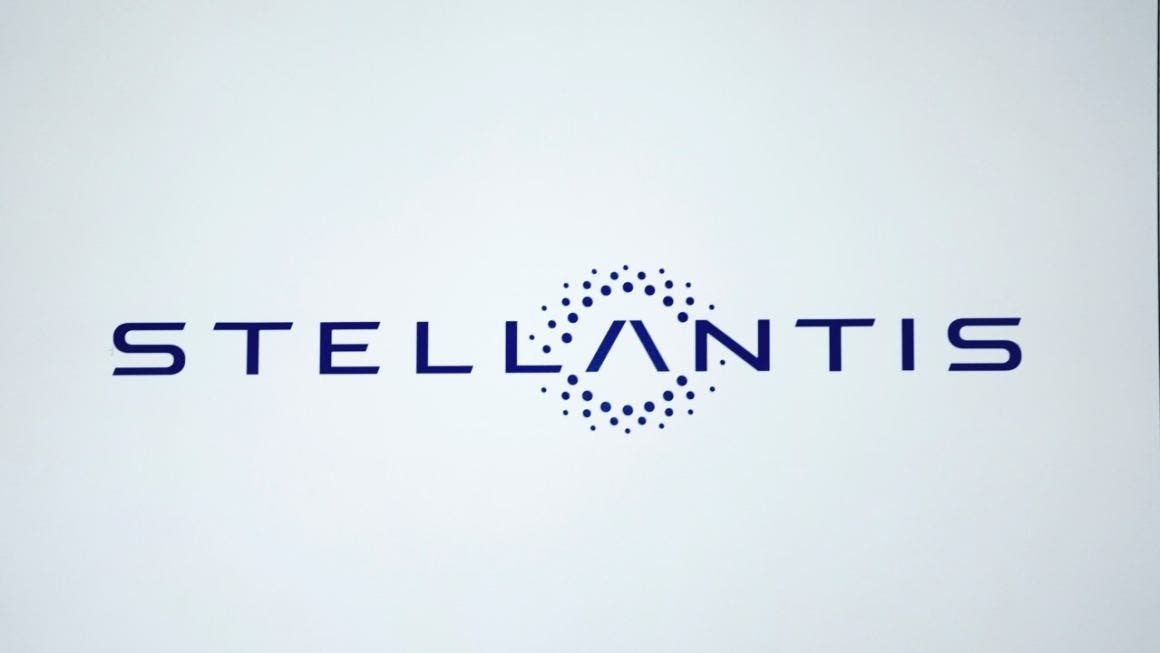The news of the closure of Stellantis’ auto parts warehouse in Detroit has created a great feeling of insecurity for the entire American city, but especially also for the lives of hundreds of workers. The decision, announced by the company, is bound to have a very strong impact on the local community, jeopardizing the livelihood of numerous families who now find themselves without any economic input with which to live their lives worthily.
Stellantis closes warehouse in Detroit and hundreds of workers will lose their jobs
A major auto parts warehouse in Detroit, operated by Logistics Insight Corp. on behalf of Stellantis, has in its fate those of coming to be closed. This decision leads to a very important impact in a negative sense on the 352 workers employed at the facility, who are at great risk of layoffs, which are expected to begin soon, to be precise, starting Feb. 18, 2025.
The closure of the warehouse has been made known to Michigan authorities and appears to be closely linked to a strategy involving cost-cutting by Stellantis. Thus, it appears that the company may decide to outsource the work to an outside, non-unionized operator, a choice that generates great concern among the workers’ union representatives, who belong to Teamsters Local 299.

Stellantis tries to abide by contractual agreements
Even though the company is making a strong commitment to comply with the transfer rights in the collective agreement, employees will still not have the opportunity to avail themselves of bumping rights. In this case, we are referring to the possibility for more senior workers to take over the role of less senior ones. This limitation thus generates even more uncertainty about the employment future of the 352 employees involved.
This strong decision to close the warehouse has sharply highlighted increasing difficulties that companies in the auto industry are experiencing, something that does not affect a single country or continent, but globally. Events are occurring that are difficult to control, such as rising production costs combined with strong market competitiveness. All this is forcing many companies to review their business models. This closure therefore is a clear sign of how the transformations taking place in the automotive industry are generating strong and also quite concrete impacts on people’s lives, particularly on smaller and local communities that depend on plants like the one soon to be closed by Stellantis in Detroit.

